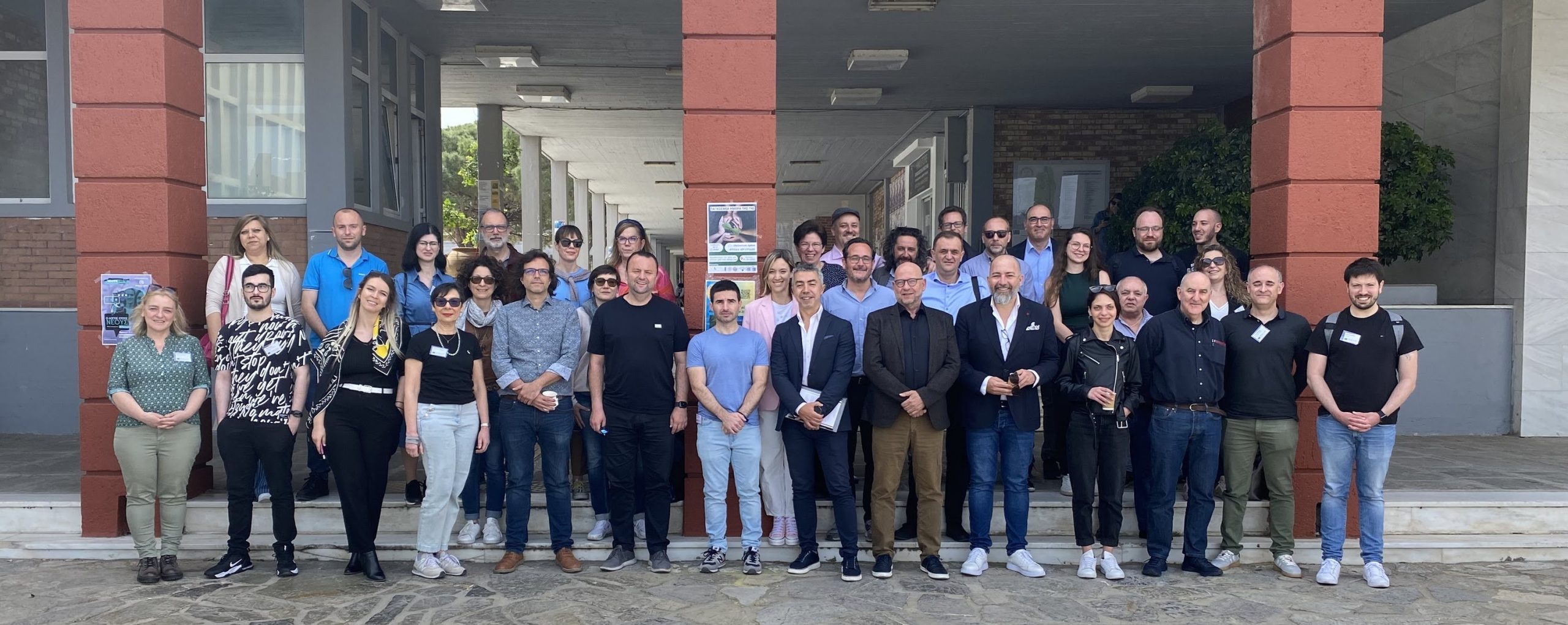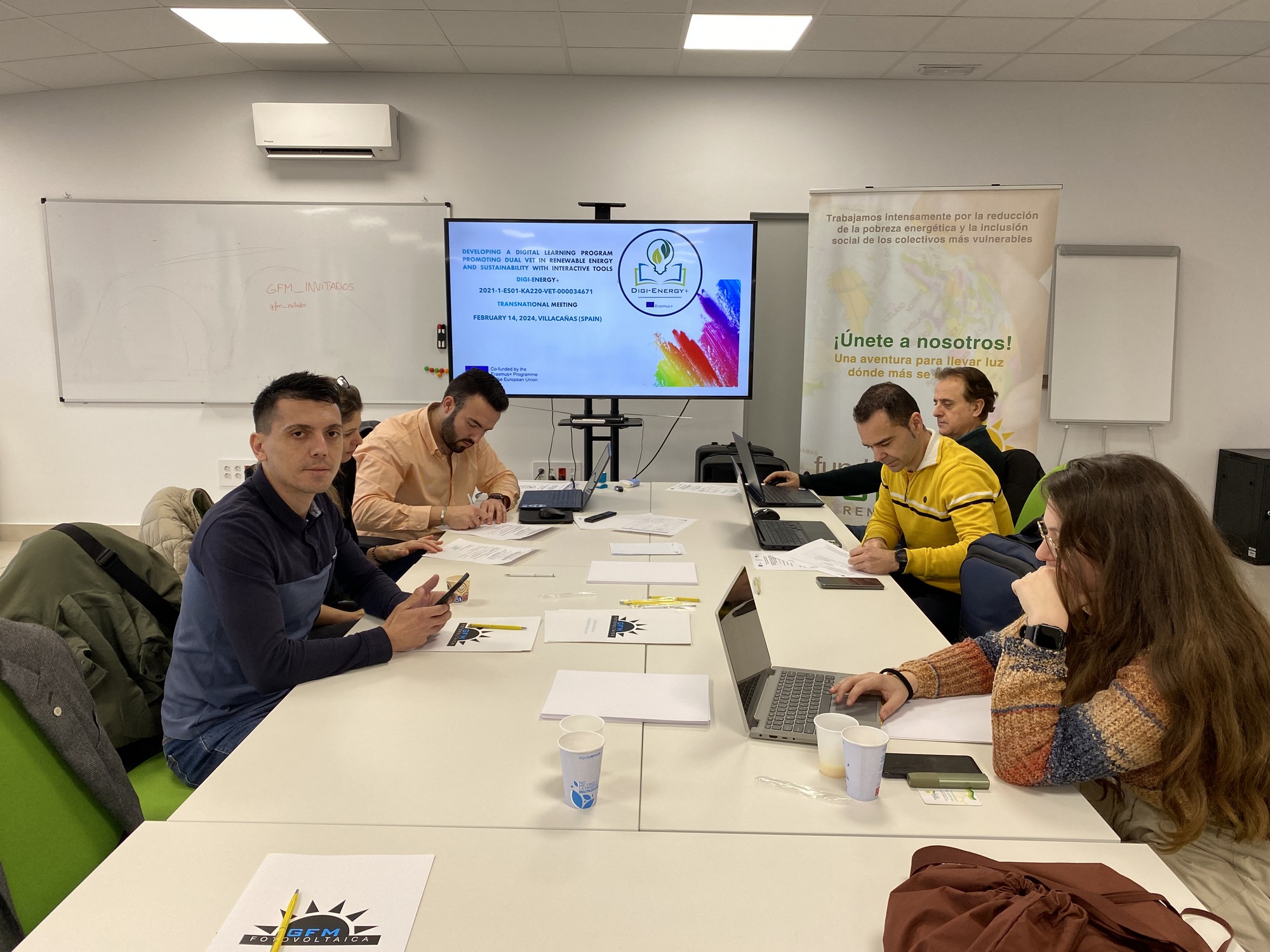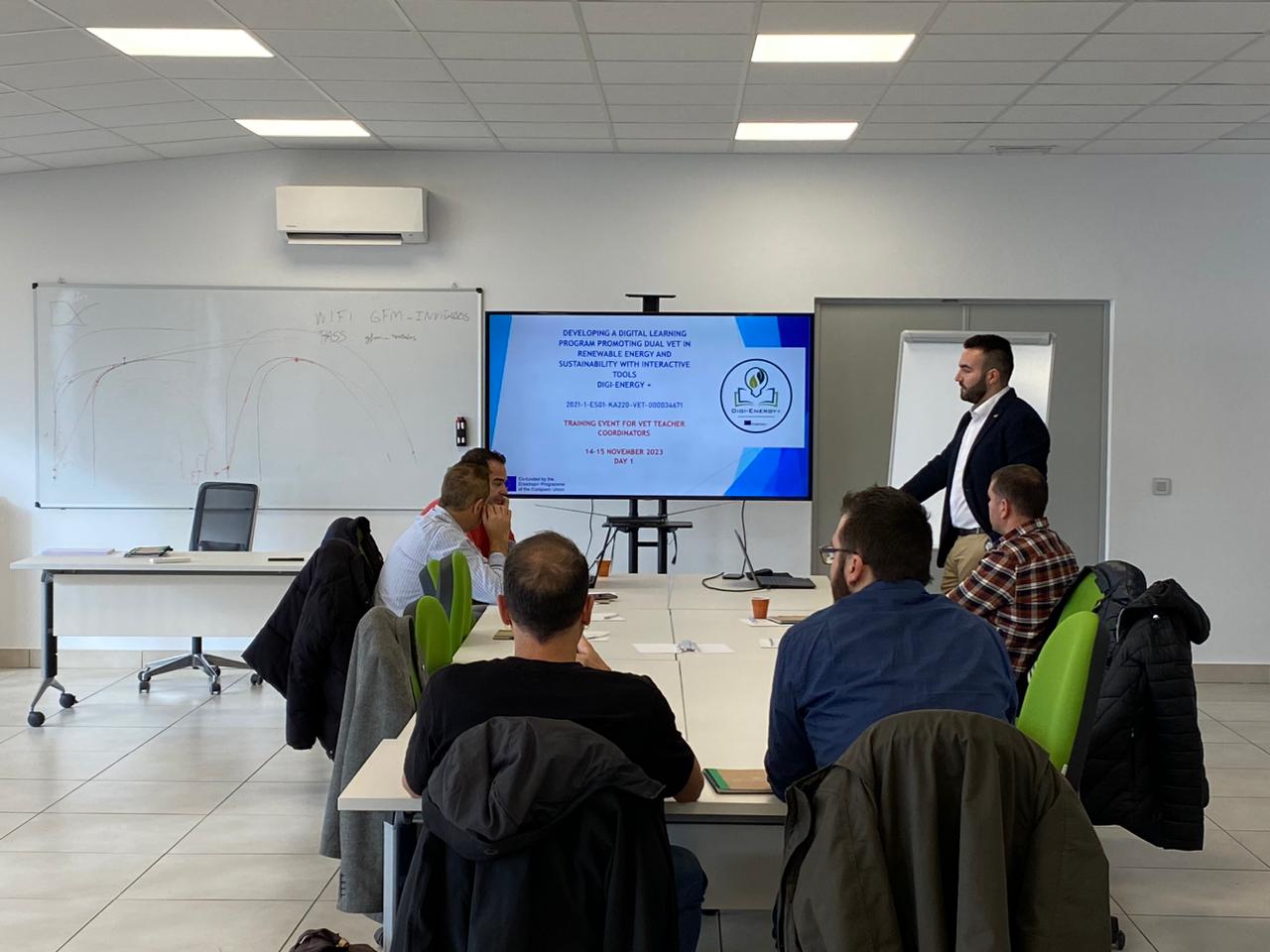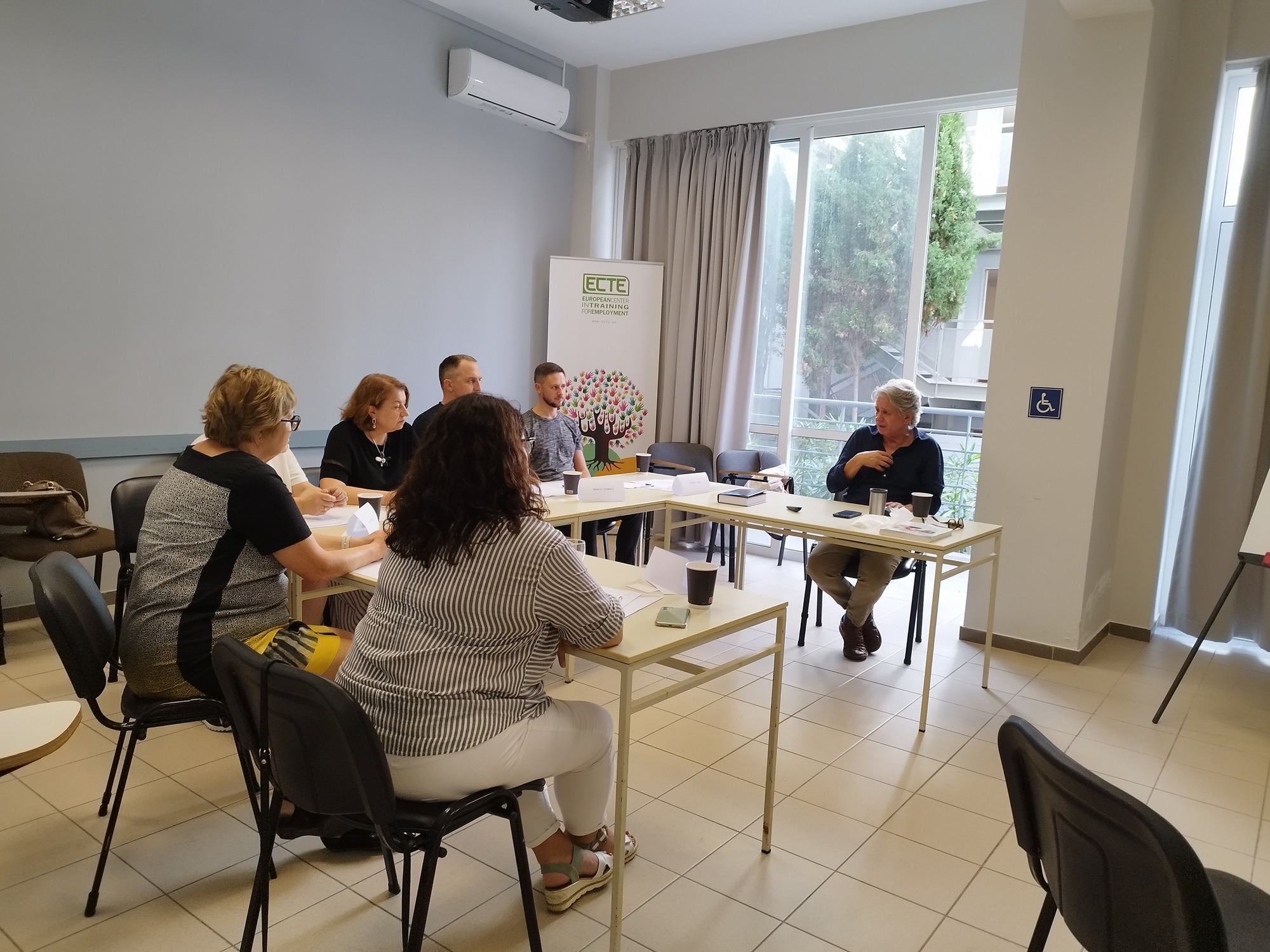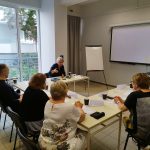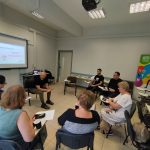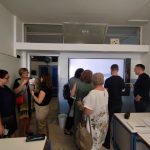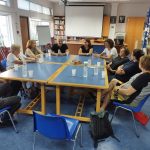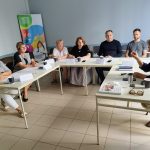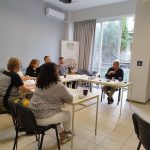The project SEBCoVE, which is part of the Erasmus+ initiative, is designed to create regional centers of vocational excellence (CoVEs) in smart electricity for structures. This comprehensive report examines the present state-of-the-art in high vocational education and training (HVET/VET) and advanced electrical sector skills in Europe and the world. It emphasizes critical components, including energy management, building automation, occupant comfort, data analytics, security, privacy, and integration with smart infrastructure.
The report offers a comprehensive evaluation of the current state-of-the-art in the advanced electrical sector. It identifies deficiencies in the skills/trades sector and recommends future improvements. It establishes the groundwork for future development of smart electrification systems in buildings by emphasizing sustainability, efficiency, and occupant-centric approaches.
This comprehensive analysis is a valuable resource for stakeholders in the electrical sector, as it offers a comprehensive understanding of the current landscape and prospective directions for HVET/VET in Europe and beyond.
Context
The electrical sector is in dire need of competent professionals due to the increasing demand for energy-efficient and intelligent buildings. The SEBCoVE project aims to address this need by establishing international knowledge centers for VET systems and establishing resilient and future-proof VET systems that support regional specialization.
Key Findings
Energy Efficiency and Management
The integration of renewable energy sources (RES) such as energy storage systems (ESS) and photovoltaic panels is a priority in energy management strategies for smart structures. The objective of these strategies is to reduce carbon emissions and optimize energy consumption.
The promotion of energy efficiency in buildings is significantly influenced by regional policies and regulations. For instance, the German government is committed to reducing energy consumption by as much as 80% by 2050, underscoring the necessity of effective regulatory frameworks.
Building Automation and Control Systems
The operation of HVAC, lighting, and other building functions is contingent upon automation technologies. Building management systems, sophisticated sensors, and advanced control algorithms are essential for achieving optimal energy savings and operation.
Smart meters and other grid-connected devices are among the innovative approaches to building automation that are employed to establish a responsive and efficient energy environment.
Comfort and Well-Being of the Occupant
The well-being of occupants is contingent upon the enhancement of interior air quality, thermal comfort, and lighting design. Comfort is improved through the utilization of occupant-centric technologies, including personalized control interfaces and smart sensors.
Region-specific strategies are necessary due to the influence of cultural and climatic factors on occupant comfort.
Data Analytics and Expertise
The successful implementation of smart building systems is contingent upon the availability of data and the presence of data analytics expertise. In order to address current shortages and future demands, it is imperative that VET/HE programs continue to evolve.
Privacy and Security
As smart building technologies become more prevalent, it is imperative to address cybersecurity challenges and ensure data privacy. The report investigates the regulations and measures necessary to protect personal information during the implementation of these technologies.
Implications and Suggestions
The significance of consistently updating educational programs to remain current with the swiftly changing landscape of technology and legislation is underscored in the report. It suggests that a foundational framework be established to facilitate the effective collaboration of specific vocations in the construction of automation systems. Furthermore, the report emphasizes the necessity of a multidisciplinary collaboration, continuous updates to educational programs, and a robust regulatory framework to effectively navigate the rapidly evolving landscape of smart building technologies.
Analysis of Regional Scenarios
The regional structure of smart electricity in buildings in each partner country is emphasized, allowing for a comprehensive examination of their unique circumstances and needs. The initiative is able to establish vocational excellence hubs that facilitate regional specialization as a result of this regional focus.

